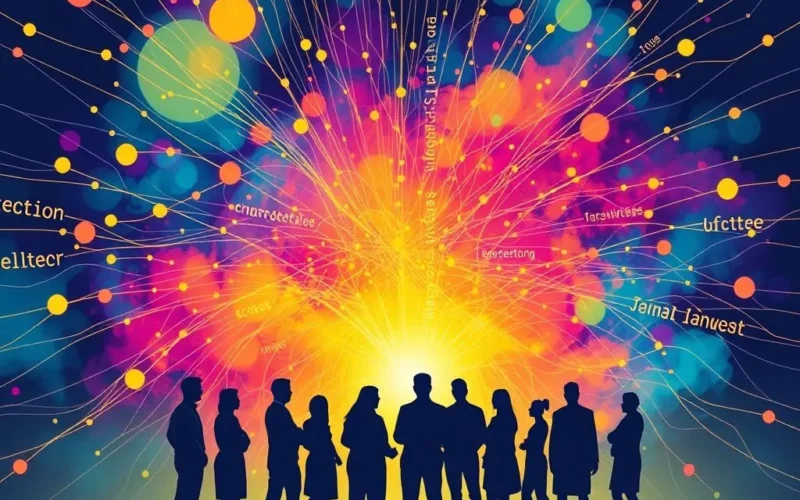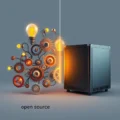Ever let your mind wander into the truly radical what-ifs of our tech-driven world? Imagine a reality where every line of code, the digital DNA of our modern lives, was laid bare for all to see. We’re not just talking about your favorite indie game; picture the guarded algorithms of Spotify, the secret sauce behind TikTok’s addictive feed, even the foundational code of Windows – all out in the open. It’s a thought that can simultaneously thrill and terrify, like peering over the edge of a digital precipice.
This isn’t just a minor tweak to the system; it’s akin to pushing a colossal reset button on the global tech landscape. What would truly happen if the floodgates opened and every software blueprint became public property? Would innovation skyrocket, or would digital chaos reign supreme?
Before we dive deeper into this rabbit hole, here’s a little something to get your gears turning – a quick take that might just permanently wrinkle your brain (in the best way possible!):
Table of Contents
The Dawn of Unprecedented Innovation: A Developer’s Dream?
Let’s first bask in the utopian glow of this idea. If every piece of software, from operating systems to complex AI models, had its source code publicly available, the potential for collaborative advancement is staggering.
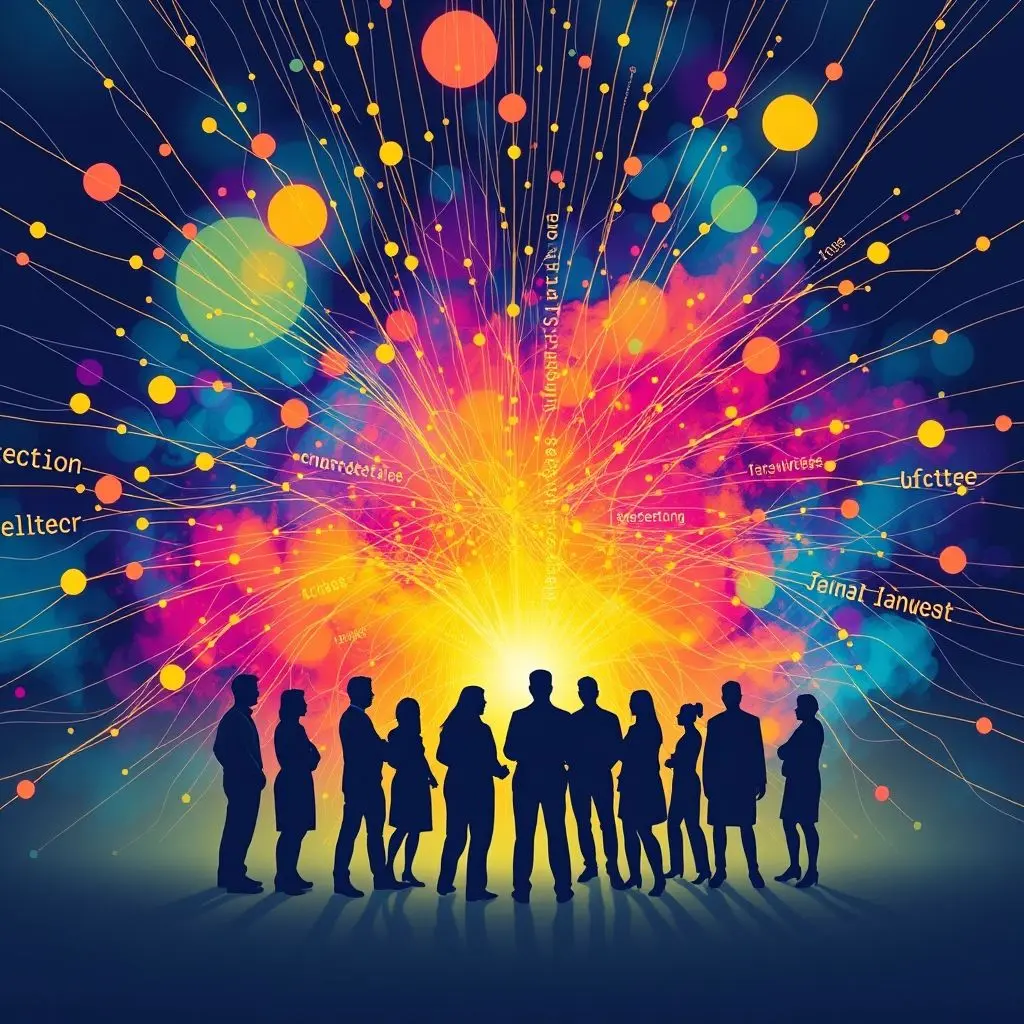
- Accelerated Bug Squashing: More eyes on the code means vulnerabilities and bugs could be identified and patched at lightning speed. A global community of developers could act as an immune system for software.
- Hyper-Innovation: Imagine developers building upon the sophisticated foundations laid by tech giants. New features, integrations, and entirely novel applications could emerge from previously proprietary building blocks. Think of it as remix culture for software, on a planetary scale.
- Educational Goldmine: Students and aspiring developers would have an unparalleled learning resource. Deconstructing real-world, complex code would be the ultimate hands-on education.
- Enhanced Transparency and Trust: Concerns about hidden backdoors or biased algorithms could be directly investigated. This transparency could foster greater public trust in the digital tools we use daily.
- Breaking Vendor Lock-in: Businesses and individuals would have more freedom to modify, adapt, and choose software solutions without being tied to a single provider’s ecosystem.
This scenario paints a picture of a vibrant, dynamic, and rapidly evolving digital ecosystem, where innovation isn’t siloed but shared and amplified. But every utopia has its potential pitfalls.
The Other Side of the Coin: A Hacker’s Paradise and Economic Upheaval?
Now, let’s address the elephant in the room: security. If the blueprints to every digital fortress are public, wouldn’t that hand malicious actors the keys to the kingdom?
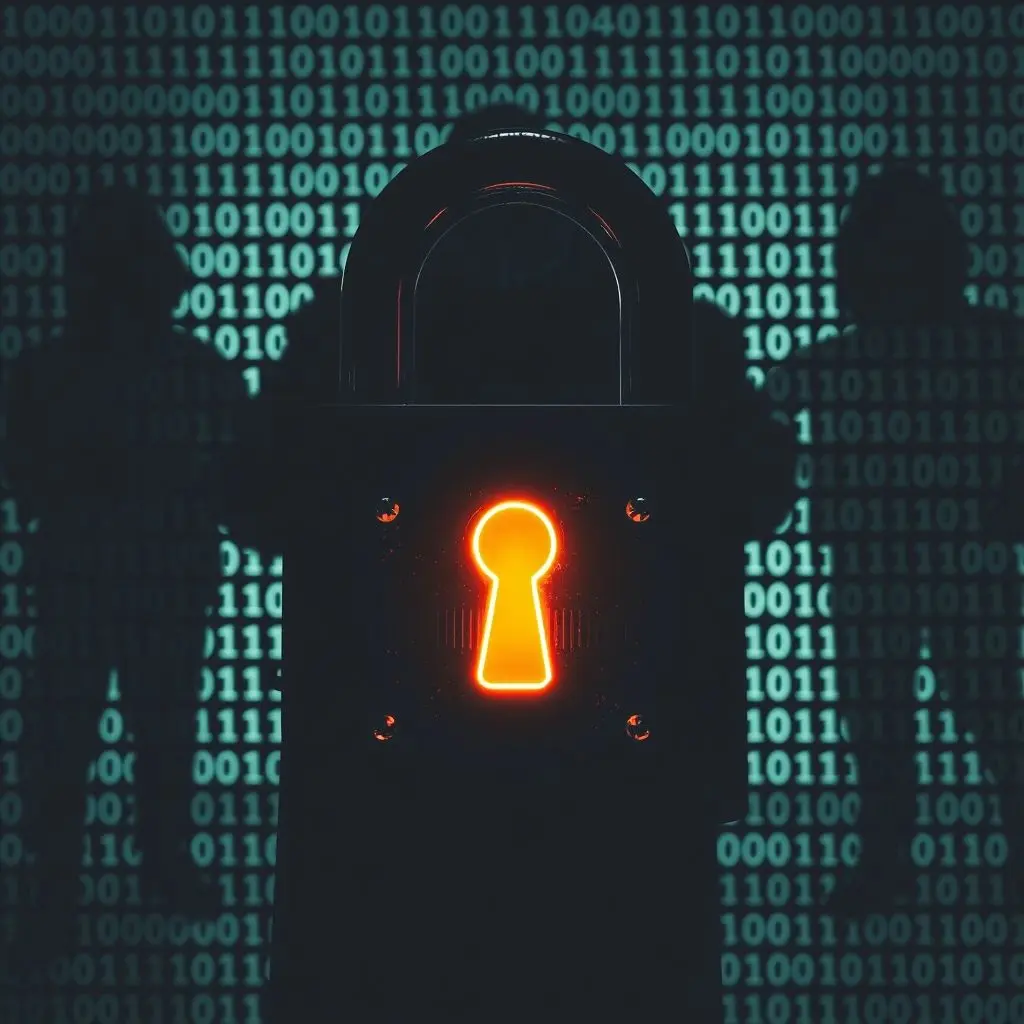
- Cybersecurity Cataclysm?: While white-hat hackers could help, black-hat hackers would have a field day dissecting code for exploitable flaws. Critical infrastructure, financial systems, and personal data could become exponentially more vulnerable if vulnerabilities are discovered and weaponized faster than they can be patched globally.
- The Implosion of Tech Giants?: Companies like Apple, Microsoft, and Google have built empires on proprietary code and intellectual property. If their “secret sauce” is no longer secret, how would they maintain their competitive edge? Would their business models survive?
- The Rise of Malicious Forks: Anyone could take existing, trusted code, subtly alter it for nefarious purposes (e.g., adding spyware), and redistribute it. Verifying the authenticity and safety of software could become a Herculean task.
- Economic Disruption: The value proposition for many software companies would evaporate. This could lead to job losses in the short term and a fundamental restructuring of the software industry. How would developers get paid if the product of their labor is instantly free and open?
- Quality Control Conundrum: Who ensures the quality and stability of essential software if it’s a free-for-all? While communities can self-regulate, the sheer scale could lead to fragmentation and unreliable software.
Disclaimer: It’s crucial to remember this is a speculative exercise. The true ramifications of such a monumental shift are complex and could unfold in ways we can’t currently foresee.
Striking a Balance: Is There a Middle Ground in This Digital Dystopia or Utopia?
The notion of all code becoming open source is extreme. Perhaps a more nuanced approach could harness the benefits while mitigating the risks. We already see a thriving open-source community coexisting with proprietary software. Could this model expand? What if only certain types of code were mandated to be open, like publicly funded research or critical infrastructure software (with rigorous security protocols)?
New business models might emerge, focusing on services, support, customization, and ethical deployment rather than just selling software licenses. Companies might compete on the quality of their implementation and support for open-source systems, rather than the secrecy of their code.
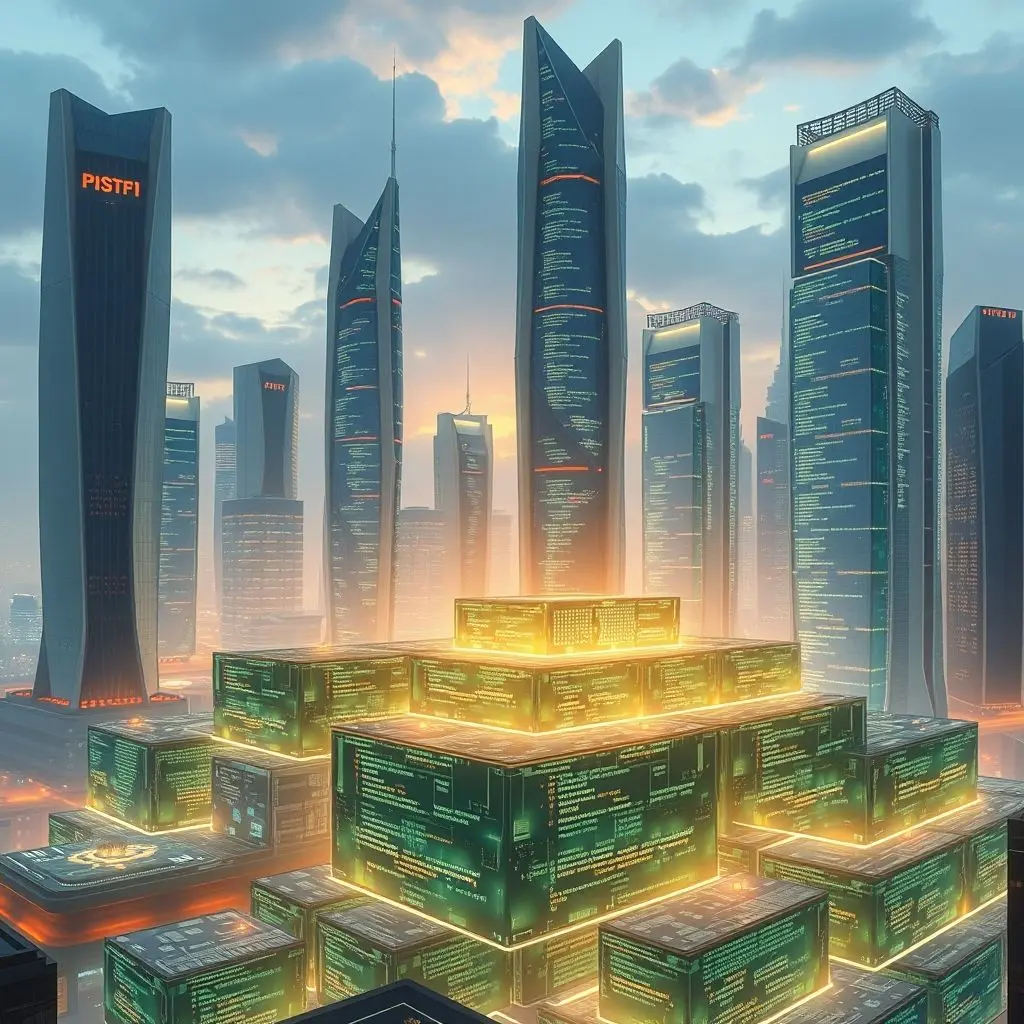
Beyond the Code: The Societal Ripple Effect
A world with universally open code wouldn’t just change the tech industry; it would reshape society.
- Digital Literacy and Empowerment: Greater understanding of the code that runs our lives could empower individuals and democratize technology.
- Ethical AI Development: Open-sourcing AI algorithms could allow for broader scrutiny, helping to identify and mitigate biases or potentially harmful capabilities.
- A New Definition of Ownership: The concept of intellectual property in the digital realm would undergo a revolution.
This isn’t merely a technical shift; it’s a philosophical one, prompting us to reconsider how we create, share, and control the digital tools that define our age.
Frequently Asked Ponderings (FAQs)
- Q1: Isn’t a lot of code already open source? What’s the big deal?
- A: Yes, projects like Linux, Apache, Python, and countless libraries are open source and foundational to the internet. The “what if” here imagines everything, including the closely guarded, commercially sensitive code of major tech corporations and specialized enterprise software, becoming open.
- Q2: Would software companies simply cease to exist?
- A: Not necessarily, but their business models would have to radically transform. Companies like Red Hat have built successful businesses around open-source software by offering support, services, and enterprise-grade solutions. This could become the norm. Others might focus on hardware that runs open-source software, or highly specialized consulting.
- Q3: How would security truly be managed in such a scenario?
- A: This is one of the biggest challenges. It would likely require a massive, coordinated global effort involving developers, cybersecurity experts, and potentially new regulatory frameworks. The emphasis might shift from security through obscurity to security through radical transparency and rapid, collaborative patching. It’s a high-stakes gamble.
- Q4: Could innovation actually stagnate if there’s no financial incentive from proprietary ownership?
- A: Financial incentive isn’t the only driver of innovation. Passion, problem-solving, community recognition, and the desire to build better tools are powerful motivators in the open-source world. However, large-scale, resource-intensive R&D might face funding challenges without traditional IP protection, requiring new investment models.
The Final Line of Code on This Thought Experiment
The prospect of all code becoming open source is a fascinating, complex, and somewhat dizzying one. It tears down old paradigms and forces us to imagine new ways of building, securing, and profiting from the digital world. It’s a digital reset button that could lead to an explosion of creativity or an era of unprecedented cyber-vulnerability – or perhaps, a little bit of both.
What facet of your digital existence do you think would be most dramatically altered if every app, every platform, every algorithm laid its secrets bare? It’s more than just a tech question; it’s a human one.
